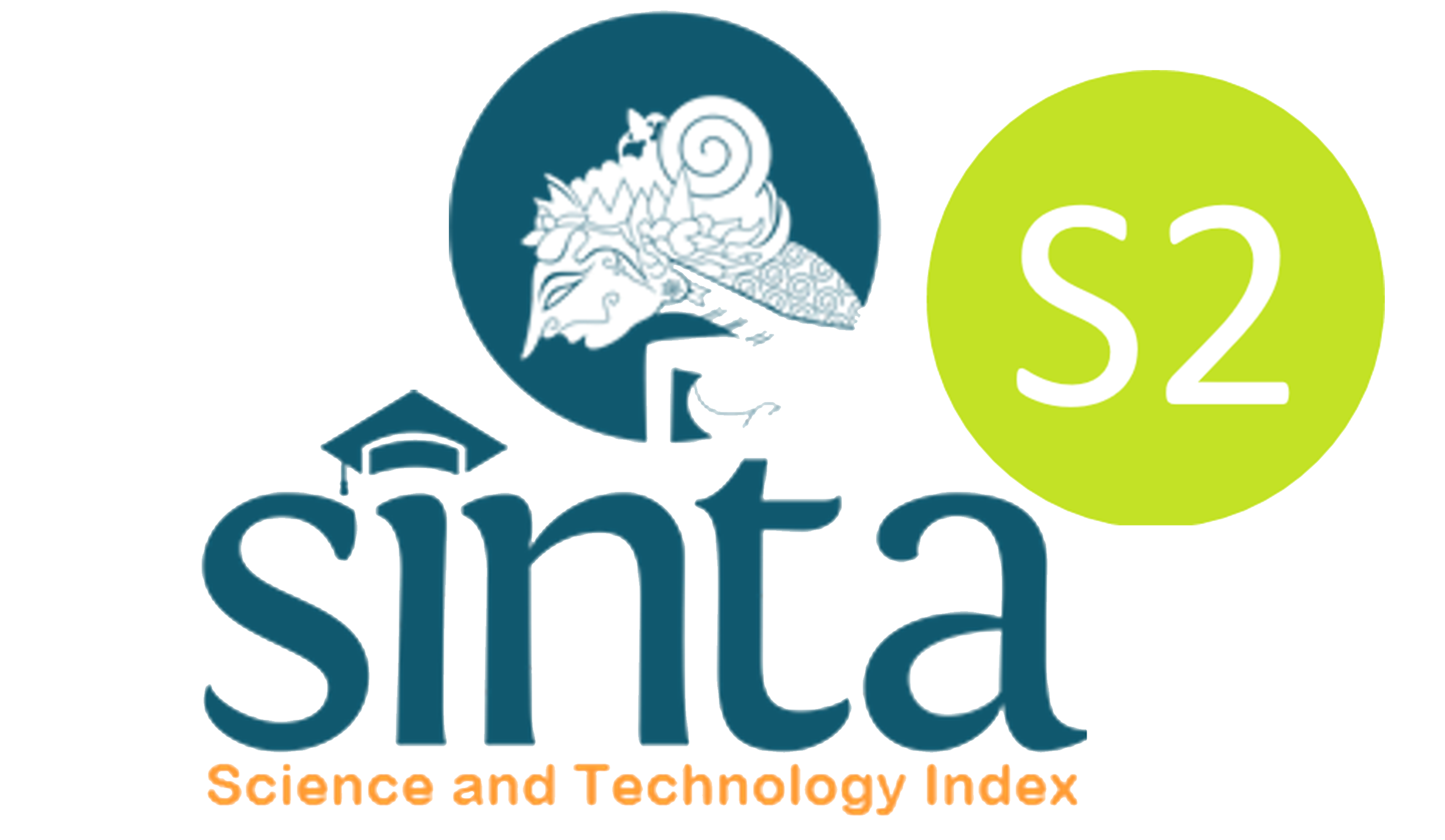Multi Classification of Bacterial Microscopic Images Using Inception V3
Ingrid Nurtanio(1*); Anugrayani Bustamin(2); Christoforus Yohannes(3); Alif Tri Handoyo(4);
(1) Universitas Hasanuddin
(2) Universitas Hasanuddin
(3) Universitas Hasanuddin
(4) Universitas Hasanuddin
(*) Corresponding Author
AbstractMicroorganisms such as bacteria are the main cause of various infectious diseases such as cholera, botulism, gonorrhea, Lyme disease, sore throat, tuberculosis and so on. Therefore, identification and classification of bacteria is very important in the world of medicine to help experts diagnose diseases suffered by patients. However, manual identification and classification of bacteria takes a long time and a professional individual. With the help of artificial intelligence, we can effectively and efficiently classify bacteria and save a lot of time and human labor. In this study, a system was created to classify bacteria from microscopic image samples. This system uses deep learning with the transfer learning method. Inception V3 architecture was modified and retained using 108 image samples labeled with five types of bacteria, namely Acinetobacter baumanii, Escherichia coli, Neisseria gonorrhoeae, Propionibacterium acnes and Veionella. The data is then divided into training and validation using the k-fold cross validation method. Furthermore, the features that have been extracted by the model are trained with the configuration of minibatchsize 5, maxepoch 5, initiallearnrate 0.0001, and validation frequency 3. The model is then tested with data validation by conducting ten experiments and getting an average accuracy value of 94.42%. KeywordsBacterial Classification; Deep Learning; Inception V3; Transfer Learning; Image Processing
|
Full Text:PDF |
Article MetricsAbstract view: 683 timesPDF view: 230 times |
Digital Object Identifier https://doi.org/10.33096/ilkom.v14i1.1121.80-90 https://doi.org/10.33096/ilkom.v14i1.1121.80-90
|
Cite |
References
B. Zieli?ski, A. Plichta, K. Misztal, P. Spurek, M. Brzychczy-W?och and D. Ocho?ska, "Deep learning approach to bacterial colony classification," PLoS One, vol. 12, no. 9, 2017.
Z. V. , D. C. and M. P., "Algorithmic escherichia coli bacteria incidence evaluation," in Global Medical Engineering Physics Exchanges/Pan American Health Care Exchanges, Porto, Portugal, 2018.
M. Talo, "An Automated Deep Learning Approach for Bacterial Image Classification," in International Conference on Advanced Technologies, Computer Engineering and Science (ICATCES2019), Alanya, Turkey, Apr 2019.
M. F. Wahid, M. J. Hasan and S. M. Alom, "Deep Convolutional Neural Network for Microscopic Bacteria Image Classification," in International Conference on Advance in Electrical Engineering, Dhaka, Bangladesh, September 2019.
Y. Song, L. He, F. Zhou, S. Chen, D. Ni, B. Lei and T. Wang, "Segmentation, Splitting, and Classification of Overlapping Bacteria in Microscope Images for Automatic Bacterial Vaginosis Diagnosis," IEEE Journal of Biomedical and Health Informatics, vol. 21, no. 4, pp. 1095-1104, 2017.
M. Basma A and A. Heba M, "Automated classification of Bacterial Images extracted from Digital Microscope via Bag of Words Model," in 9th Cairo International Biomedical Engineering Conference (CIBEC), Cairo, 2018.
e. a. Leite, "Exploration of multiclass and one-class learning methods for prediction of phage-bacteria interaction at strain level," in IEEE International Conference on Bioinformatics and Biomedicine, Madrid, Spain, 2018.
K. Kukula et al., "Rapid Detection of Bacteria Using Raman Spectroscopy and Deep Learning," in IEEE 11th Annual Computing and Communication Workshop and Conference (CCWC), NV, USA, 2021.
T. T and P. S. , "Bacteria Classification using Image Processing and Deep learning," in 34th International Technical Conference on Circuits/Systems, Computers and Communications (ITC-CSCC), United States, 2019.
L. Huang and T. Wu, "Novel neural network application for bacterial colony classification," Theoretical biology & medical modelling, vol. 15, no. 1, pp. 1-16, 2018.
M. G. Nakrani and U. B. Shinde, " Classification of COVID-19 from Chest Radiography Images Using Deep Convolutional Neural Network," Journal of Xidian University, vol. 14, no. 8, pp. 565-569, 2020.
C. W. e. al, "Pulmonary image classification based on inception-v3 transfer learning model," IEEE Access, vol. 7, pp. 146533-146541, 2019.
D. Hubel and T. Wiesel, "Receptive fields and functional architecture of monkey striate cortex," Journal of Physiology, vol. 195, pp. 215-243, 1968.
V. Kurama, "A Review of Popular Deep Learning Architectures: ResNet, InceptionV3, and SqueezeNet," 2020. [Online]. Available: https://blog.paperspace.com/popular-deep-learning-architectures-resnet-inceptionv3-squeezenet/. [Accessed 20 May 2021].
S. Tsang, "Review: Inception-v3 1st Runner Up (Image Classification) in ILSVRC 2015," 2018. [Online]. Available: https://sh-tsang.medium.com/review-inception-v3- 1st-runner-up-image-classification-in-ilsvrc-2015-17915421f77c. [Accessed 13 November 2020].
Refbacks
- There are currently no refbacks.
Copyright (c) 2022 Ingrid Nurtanio; Anugrayani Bustamin; Christoforus Yohannes; Alif Tri Handoyo

This work is licensed under a Creative Commons Attribution-ShareAlike 4.0 International License.










